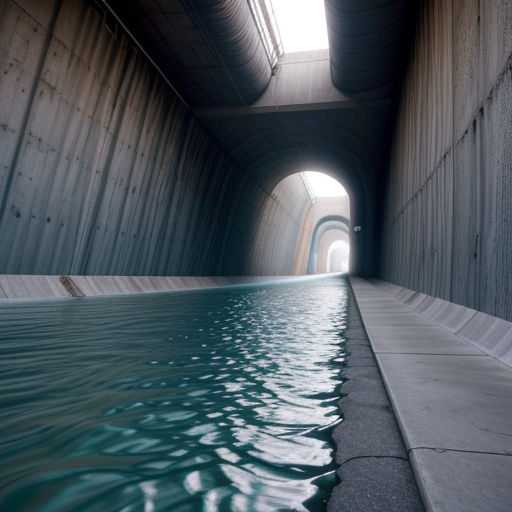
Project Details and Costs
- Estimated cost: $20.1 billion, an increase of $4.1 billion from the previous estimate of $16 billion.
- Funding source: 29 local public water agencies, which will collect money from customers.
- Length: 45 miles (72 kilometers)
- Width: 36 feet (11 meters)
- Capacity: 161 million gallons of water per hour
The new cost estimate is attributed to inflation, which has soared since the previous estimate was released in 2020.
The project would be part of the State Water Project, a complex system of reservoirs, dams, and canals that provides water to 27 million people while irrigating 750,000 acres (303,515 hectares) of farmland.
Benefits of the Project
- Increased water supply: The tunnel would allow the state to capture more water during storms and store it for later use, which would help to reduce the risk of droughts.
- Improved water quality: The tunnel would help to improve water quality in the Sacramento-San Joaquin River Delta by reducing the amount of salt water that flows into the Delta.
- Increased hydropower generation: The tunnel would generate hydropower, which would help to reduce the state's reliance on fossil fuels.
The analysis conducted by the Berkeley Research Group found that the tunnel would yield $38 billion in benefits, mostly because of an increased water supply that would be better protected from natural disasters like earthquakes.
Environmental Concerns and Controversies
- Loss of agricultural land: The construction of the tunnel would require the use of some agricultural land.
- Reduced water quality in the Delta: The tunnel could reduce the amount of water that flows into the Delta, which could harm fish and other wildlife.
- Air quality impacts: The construction and operation of the tunnel could have air quality impacts, including the release of greenhouse gases.
Environmental groups have expressed concerns about the project's potential impacts on the Sacramento-San Joaquin River Delta, the largest estuary on the West Coast that is home to endangered species of salmon and other fish.
The analysis released by the state acknowledges the environmental impacts of the project, but it also notes that the project includes $200 million for grants to fund local projects in areas impacted by construction.

.png)
0 Comments